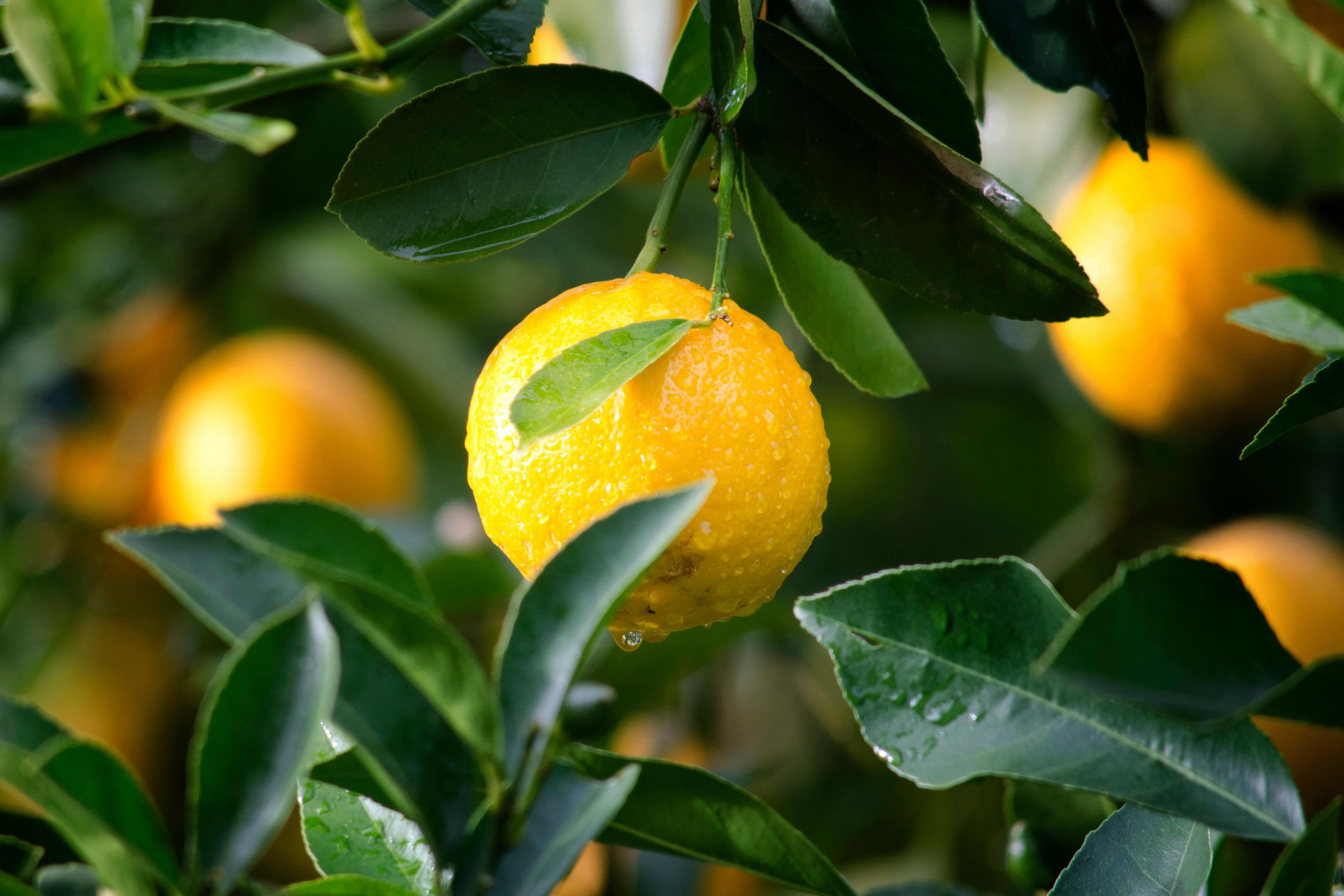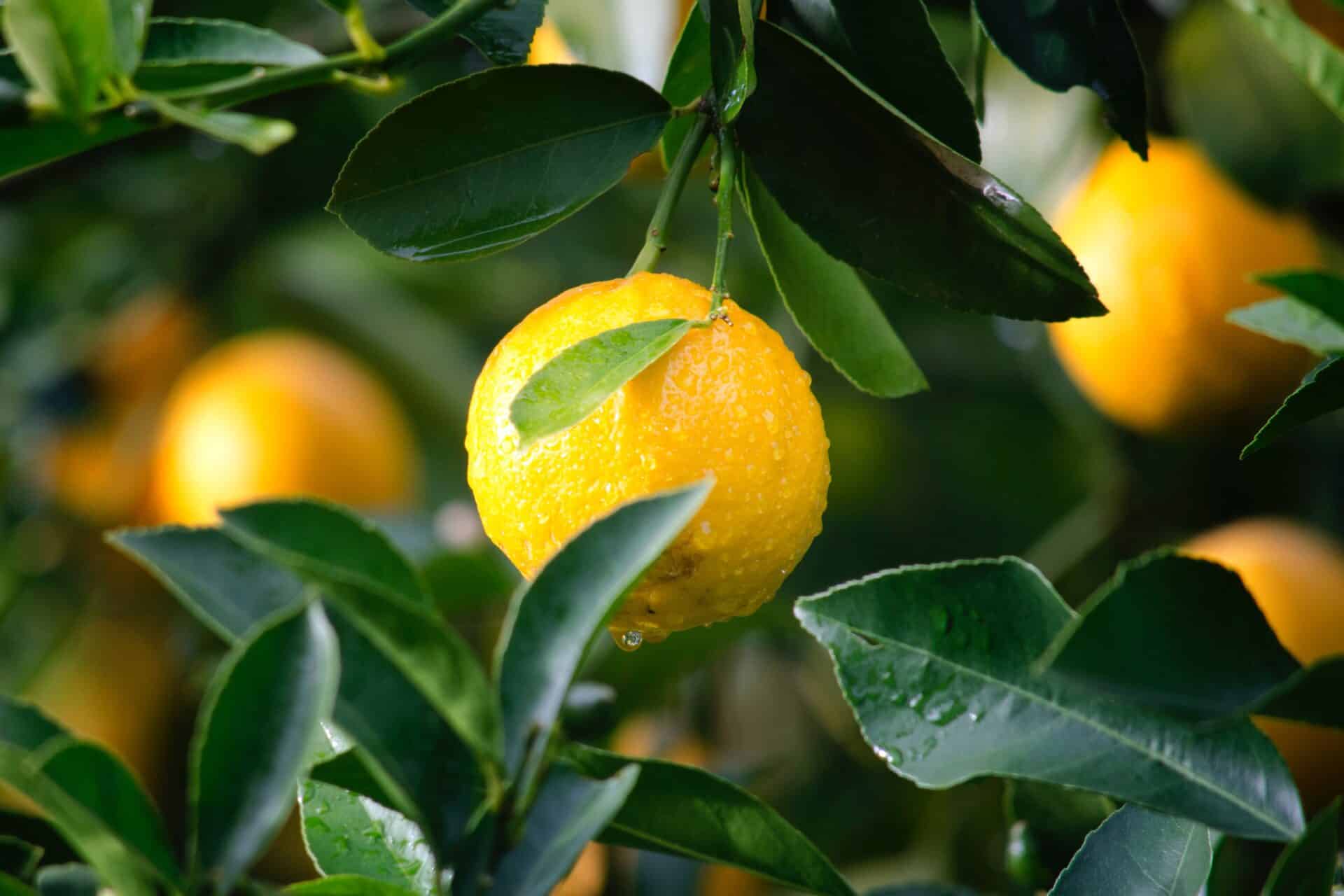Are fruit flies a health code violation? This is a question that many restaurant owners, food service workers, and consumers alike are asking. Fruit flies are a common nuisance in the food industry, and they can pose a significant health risk if not managed properly. In this article, we will discuss the potential health code violations associated with fruit flies and provide tips to help keep them under control.Fruit flies are small, flying insects that are usually found near overripe fruits or vegetables. They have bright red eyes and yellowish-brown bodies. Fruit flies tend to lay their eggs on the surface of fruits and vegetables, which hatch into larvae. These larvae feed on the decaying food, which is why they are attracted to overripe produce.
Do Fruit Flies Pose Health Risks?
Fruit flies are one of the most common insects found in homes and businesses. They can be a nuisance and may cause some damage to food, however, they do not pose any health risks to humans.
Fruit flies are attracted to ripe or rotting fruits and vegetables, as well as sugary liquids such as soda, beer, and wine. They lay their eggs in these materials and then the larvae feed on them. The larvae can contaminate food with germs and bacteria that can make people sick if ingested.
However, fruit flies themselves do not carry disease-causing organisms or transmit any type of illness to people. The only way that they could potentially spread illness is if the larvae were consumed by a person who has an existing health condition that could make them susceptible to infection from the bacteria or germs that the larvae have been exposed to.
In addition, fruit flies are not known to spread any kind of insect-borne diseases such as malaria or yellow fever. Even though they may come into contact with other insects that carry these types of diseases, they do not spread them between humans or other animals.
Overall, fruit flies do not pose any direct health risks to humans; however, they can contaminate food with bacteria and germs that could potentially make people sick if consumed by someone with an existing health condition. As such, it is important to take steps to keep fruit flies away from food sources and dispose of contaminated food items immediately.
Are Fruit Flies Considered A Health Code Violation?
Fruit flies are considered a health code violation in many areas because of the potential to spread food-borne illnesses and other diseases. They are usually found near rotting fruits and vegetables, as well as other sources of food that may attract them. It is important to take proper steps to eliminate fruit flies from any environment where food is prepared or served, as they can transport germs and bacteria from one location to another.
In certain states, health department regulations require restaurants and other food service establishments to keep their premises free of fruit flies. This includes regular cleaning of garbage cans, making sure all produce is properly stored and refrigerated, and eliminating any sources of standing water that could become breeding grounds for the insects. Additionally, traps can be set up around the premises to capture any fruit flies in the area.
Failure to comply with these regulations can result in fines or even closure for food establishments if the health department deems it necessary. This is why it is important to be proactive in preventing fruit fly infestations from occurring in the first place, and addressing them quickly if they do occur. By taking some simple preventive measures, businesses can help ensure their premises remain compliant with local health codes.
How To Prevent Fruit Flies From Entering Your Home
Fruit flies are pesky little insects that can enter your home unexpectedly. They can breed quickly, so it’s important to take some steps to prevent them from entering your home in the first place. Here are some tips for keeping fruit flies out of your home:
Seal Up Openings
Fruit flies love to find small openings in windows and doors where they can enter your home. Make sure all windows and doors are sealed tightly and that there are no holes or gaps around them. You should also check screens for any tears or holes, and make sure they fit securely on all windows and doors.
Keep Things Clean
Fruit flies love the smell of rotting food, so make sure your kitchen is kept clean. Wipe down surfaces regularly, dispose of any food waste immediately, and store food in airtight containers. You should also empty garbage cans often and make sure they have tight-fitting lids.
Remove Sources of Attraction
If you have fruit or vegetables sitting out on counters or in bowls, these can act as sources of attraction for fruit flies. Make sure you store these items in the refrigerator or another cool location to keep them from attracting unwanted pests.
Use Traps
If you do find yourself with a fruit fly infestation, there are several traps you can use to get rid of them. Sticky traps are one option, as well as homemade vinegar traps that use a mixture of vinegar, sugar, and water. You can also use commercial traps to capture the fruit flies before they enter your home.
By following these tips, you’ll be able to keep fruit flies from entering your home and take control of the problem before it gets too out of hand.
Signs of a Fruit Fly Infestation
Fruit flies can be a major nuisance when they infest your home or business. These tiny insects are attracted to sweet, ripe produce, and they can quickly multiply if left unchecked. Knowing the signs of a fruit fly infestation can help you take action to get rid of them quickly and efficiently.
One of the most obvious signs of a fruit fly infestation is the presence of adult flies in the immediate area. These small, dark-colored insects have red eyes and measure about 1/8 inch in length. They tend to congregate near sources of food, such as over-ripe fruits and vegetables, or near drains where food particles may have accumulated.
Another sign of a fruit fly infestation is an increase in their numbers over time. Fruit flies reproduce rapidly, laying up to 500 eggs at once on fermenting fruits and vegetables. They will also lay their eggs near drains or other moist areas where food particles may accumulate. If you notice an increase in these flying insects over time, it is likely that you have an infestation on your hands.
In addition to the presence of adult flies, another sign of a fruit fly infestation is the presence of their larvae. The larvae are small white worms that feed on organic matter and can often be seen wriggling around on surfaces near sources of food or moisture. If you notice these small worms in your home or business, it is likely that you have an infestation.
Finally, if you notice a strong odor coming from areas where food or moisture may accumulate, it could be another sign that there is an infestation in your home or business. Fruit flies are attracted to sweet-smelling substances like rotten fruits and vegetables, which can cause this unpleasant odor when left unattended for too long.
By being vigilant for these signs of a fruit fly infestation, you can quickly take action to eliminate them before they become too much of a nuisance.

Health Hazards Of A Fruit Fly Infestation
Fruit flies can quickly become an infestation in homes, restaurants, or other settings where food is present. While they may seem like a nuisance, these insects can pose serious health risks. Fruit fly infestations can lead to contamination of food and other surfaces, as well as the spread of diseases and other pathogens.
Fruit flies are capable of carrying over 100 different types of bacteria, including E. coli and Salmonella. These bacteria can contaminate food and surfaces that come into contact with the flies. This can lead to serious illnesses when those contaminated surfaces are touched or ingested.
Fruit flies also have the potential to spread diseases such as dysentery, cholera, and typhoid fever. These illnesses can be contracted through contact with infected surfaces or by consuming contaminated food. In addition, fruit flies have been known to transmit parasites such as roundworm and tapeworms that can cause a variety of health problems in humans.
Insecticides used to control fruit fly infestations can also pose a health risk if used improperly. Many insecticides contain toxic chemicals that can be hazardous if inhaled or ingested in large quantities. It is important to read all instructions carefully before using any chemical products for pest control.
It is important to take steps to prevent fruit fly infestations in order to avoid the potential health hazards they pose. Keeping garbage cans tightly sealed and disposing of organic waste regularly is an effective way to reduce the risk of these pests entering your home or business premises. Additionally, it is important to clean up spills immediately and keep food stored properly in order to prevent the attraction of fruit flies.
What Are The Dangers Of A Fruit Fly Infestation?
Fruit fly infestations can be dangerous for both humans and food. They are known to carry various types of bacteria, which can cause food-related illnesses such as food poisoning. In addition, they can contaminate fruits and vegetables, leading to spoilage. Fruit fly larvae are also able to feed on other insects, which can lead to an increase in the number of pests in your home or business. Finally, a fruit fly infestation can create an unpleasant odor that may linger for some time.
Having a fruit fly infestation also poses a risk to the health of those living in the affected area. Fruit flies are known carriers of diseases such as dysentery and salmonellosis, both of which have serious health implications if left untreated. Furthermore, the presence of these pests can be a sign that there is another type of infestation present in the area such as cockroaches or ants. As such, it is important to take action quickly if you suspect you have a fruit fly infestation.
Overall, it is important to take action quickly if you suspect you have a fruit fly infestation in order to protect your health and the health of those living around you. By taking steps to eliminate any potential sources for these pests and regularly cleaning and inspecting your home or business for signs of them, you can help prevent a larger problem from developing.
How To Get Rid Of Fruit Flies In Your Home
Fruit flies can be annoying pests that can invade your home and ruin the food you have stored. But don’t worry, there are many simple ways to get rid of fruit flies in your home.
The first step is to figure out where the fruit flies are coming from. Look for any ripe or overripe fruits and vegetables, as these are the most common sources of fruit fly infestations. Once you have identified any potential sources, remove them from your home. Keep all produce stored in the refrigerator or in tightly sealed bags or containers so that fruit flies cannot access it.
Next, you should clean any areas where the fruit flies may be congregating. Take out all garbage regularly, and make sure to clean up spills and food crumbs right away. You can also use a vacuum to help remove any eggs or larvae that may be present in carpets or furniture.
You can also use traps to help catch any remaining fruit flies in your home. There are many different types of traps available, such as sticky traps or homemade traps made with apple cider vinegar and dish soap. Place these traps near potential breeding areas such as near windows or countertops, and make sure to dispose of them once they become full of trapped insects.
Finally, consider using an insecticide spray if needed to eliminate any remaining fruit flies from your home. Make sure to follow the instructions on the product’s label and avoid spraying it directly onto food items or surfaces that come into contact with food items. After spraying an insecticide, make sure to ventilate the area well before re-entering it so that you don’t breathe in any harmful fumes.
With these steps, you should be able to get rid of fruit flies in your home quickly and effectively!

Conclusion
Fruit flies are not considered a health code violation, however, they can be an indicator of unsanitary conditions and can transmit bacteria and other germs. Therefore, it is important to take steps to prevent them from entering food establishments and other areas where food is prepared. This includes properly storing food, keeping the premises clean and dry, and using insect repellents or traps when necessary. Additionally, operators should carefully inspect all incoming products for signs of infestation as part of a regular pest prevention program. By taking these steps, businesses can ensure that their facilities remain safe and free of fruit flies.
In summary, fruit flies are not classified as a health code violation, but they do indicate unsanitary conditions that could lead to the transmission of bacteria or other germs. Businesses should take steps to prevent infestation by properly storing food, keeping their premises clean and dry, and using insect repellents or traps when necessary. Doing so can help ensure their facilities remain safe and free from fruit flies.



